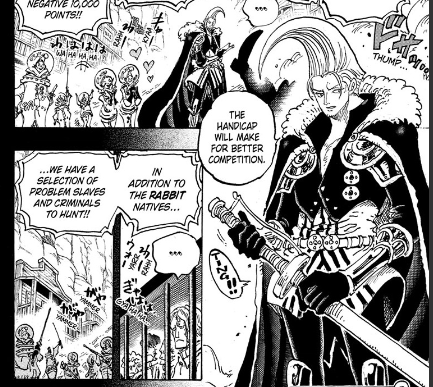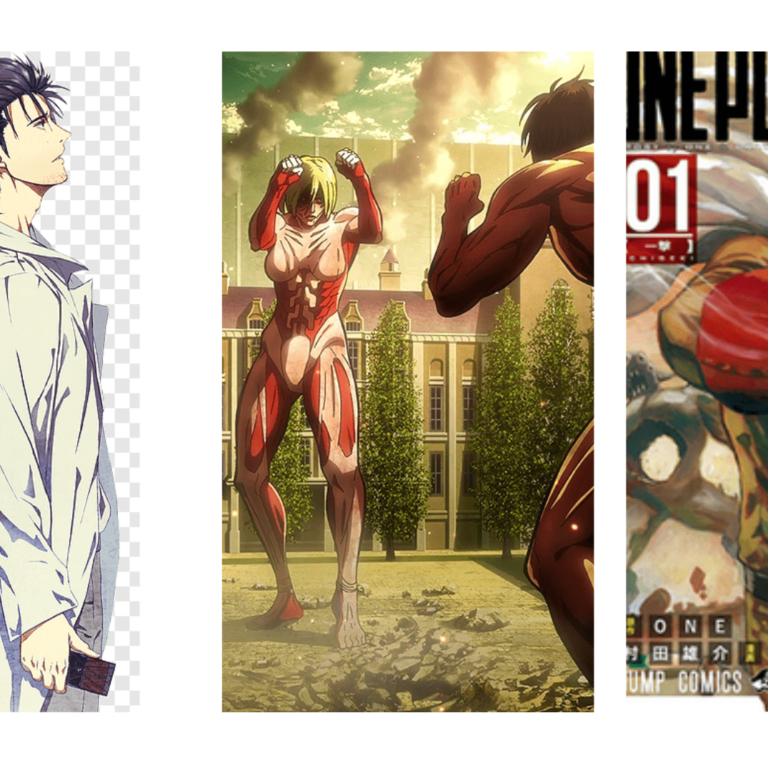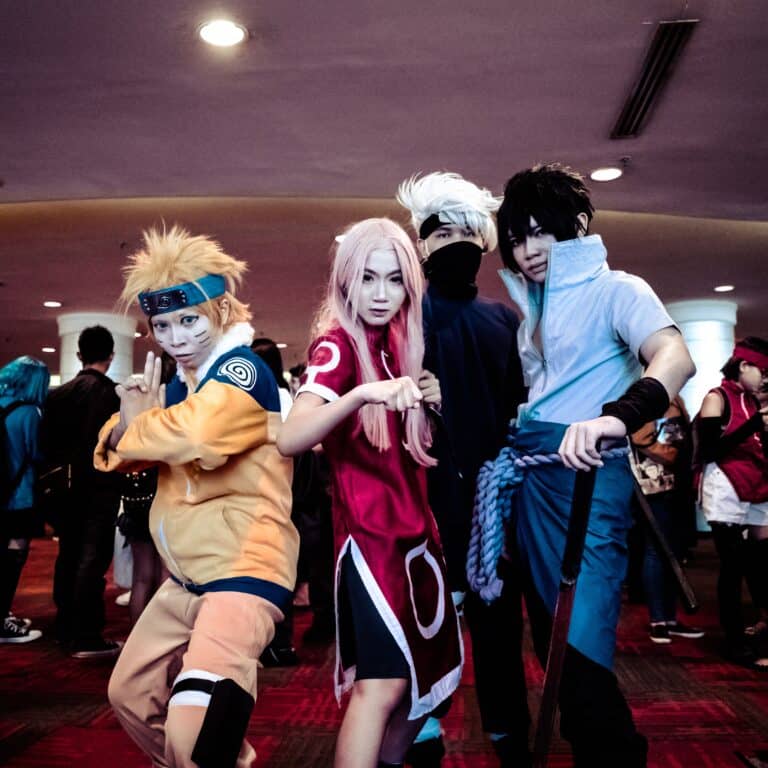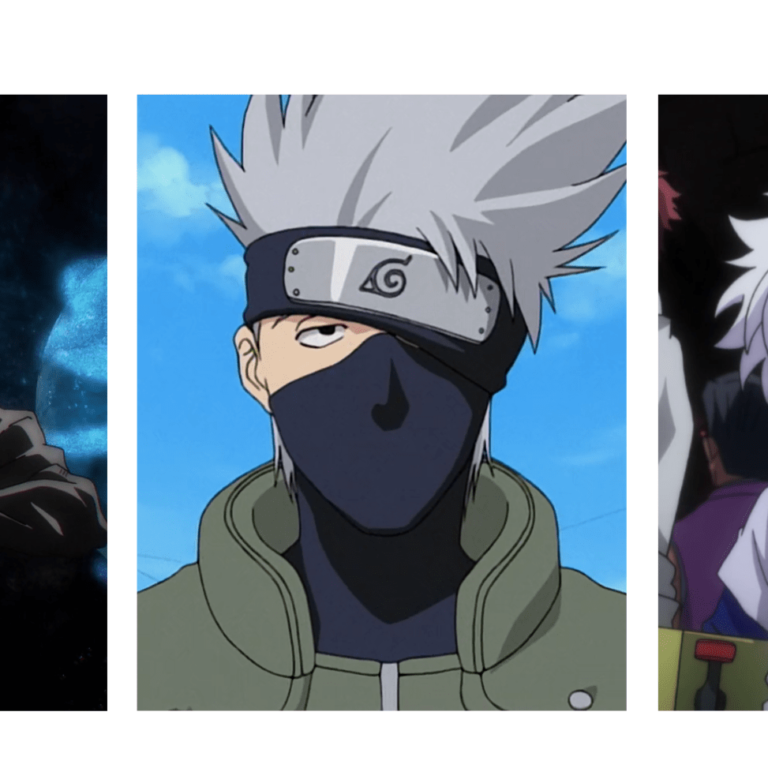7 Anime Fan Theories: Unveiling the Secrets Behind Your Favorite Shows

Introduction
Anime has captivated audiences around the world with its unique storytelling, vibrant animation, and rich characters. Beyond the surface of these beloved shows lie intriguing mysteries and untold secrets, fueling the imaginations of passionate fans. Anime fan theories, created by dedicated viewers, seek to unravel hidden meanings, predict future plot twists, and explore the deeper layers of these captivating narratives. In this article, we delve into the realm of anime fan theories, uncovering the allure and impact they have on the anime community.
Table of Contents
- Introduction
- What Are Anime Fan Theories?
- The Impact of Anime Fan Theories
- The Time Loop in Steins Gate
- Ash’s Coma in “Pokemon”
- Lelouch’s Fate in “Code Geass”
- The Dreamscape in “Spirited Away”
- The Afterlife in “Death Note”
- The Existence of an Advanced Civilization in “One Piece”
- The Imagination Theory in “Phineas and Ferb”
- Conclusion
- FAQs
What Are Anime Fan Theories?
Anime fan theories are speculative ideas crafted by fans to explain or interpret aspects of their favorite anime shows. These theories often analyze intricate details, symbolism, and character developments, offering alternative perspectives and explanations. Fans engage in lively discussions and debates, presenting evidence and dissecting clues to support their theories. The fan community eagerly embraces these theories, as they add depth and excitement to the anime-watching experience.
The Impact of Anime Fan Theories
Anime fan theories have a significant impact on the overall anime culture and the way fans interact with their favorite shows. They foster a sense of community, bringing fans together to discuss and exchange ideas. These theories generate buzz and anticipation, keeping the fandom alive even after a series has ended. They also inspire fan creations, such as fan art, fan fiction, and cosplay, further contributing to the vibrant anime community.
The Time Loop in Steins Gate
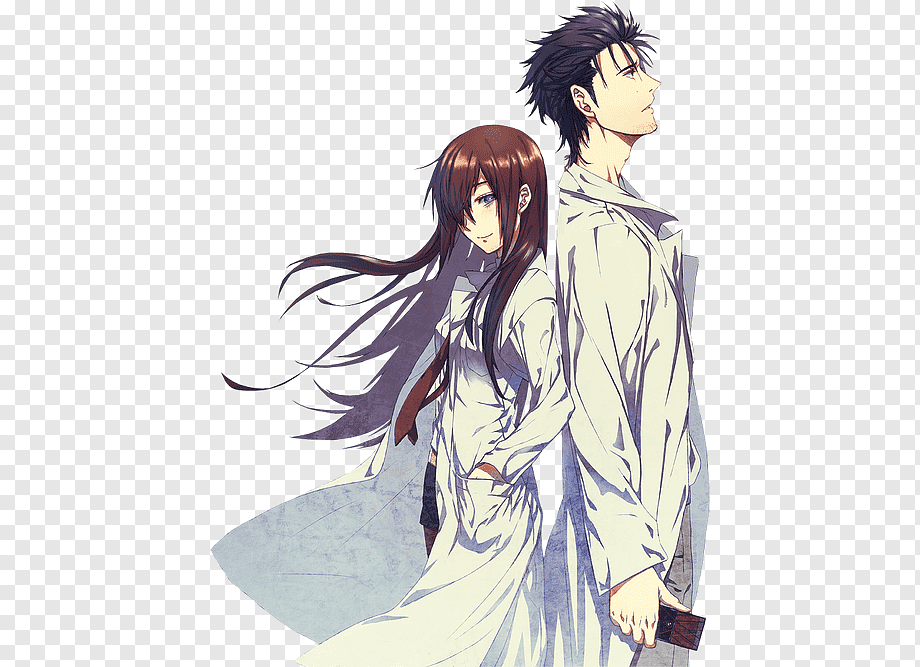
“Steins Gate” follows the story of Rintarou Okabe, who discovers a way to send messages to the past and alter the present. This theory suggests that the events in the series are part of a time loop, where Okabe’s actions and the consequences of time travel continuously repeat. Supporters of this theory analyze the intricate timeline, the recurring motifs, and the cause-and-effect relationships to argue that the characters are trapped in an eternal loop, attempting to break free from the cycle.
Ash’s Coma in “Pokemon”
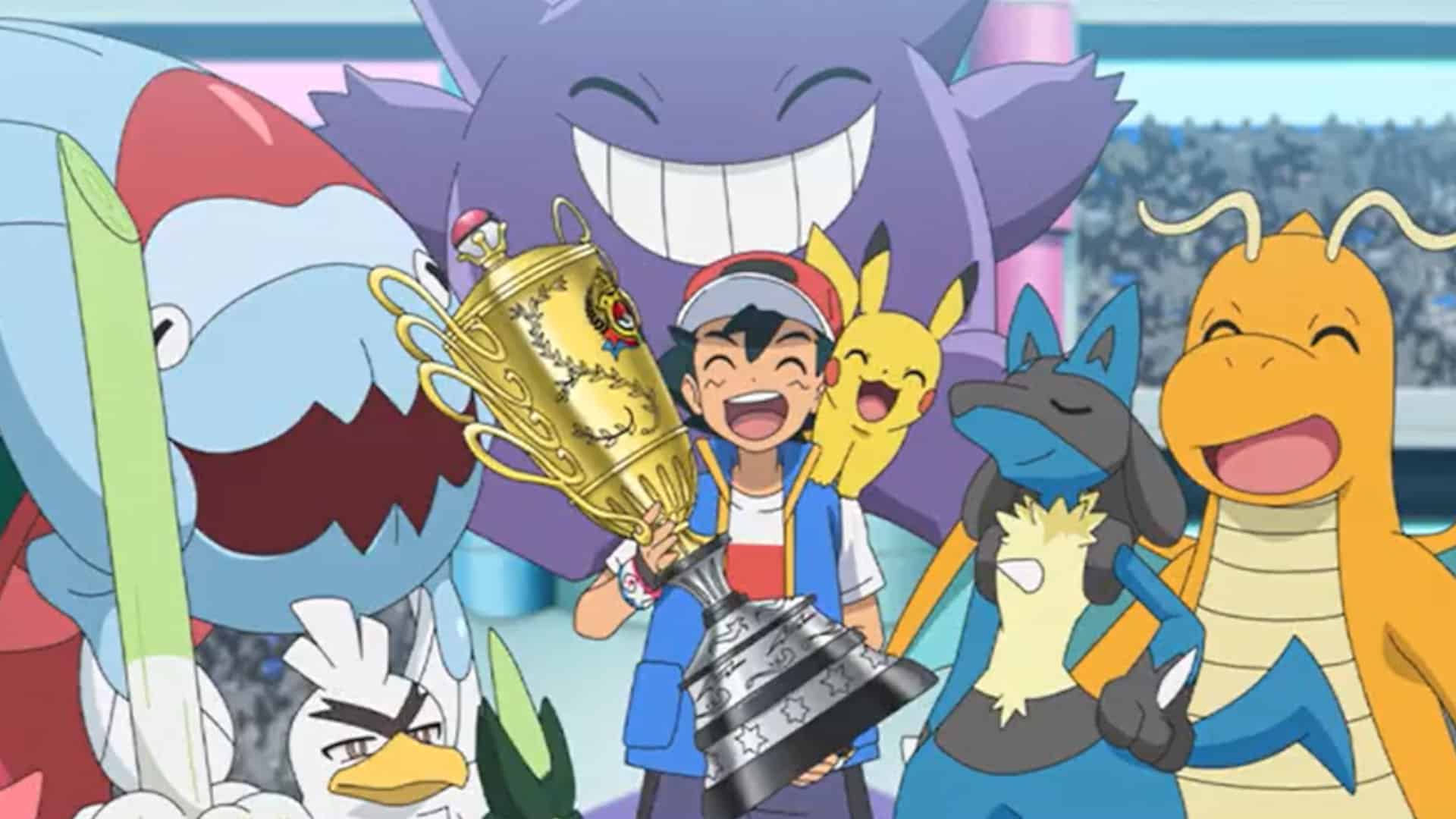
This theory suggests that the events of the “Pokemon” anime series occur within the mind of Ash Ketchum, who is in a coma. According to this theory, Ash’s coma state enables him to imagine his adventures, the Pokemon he encounters, and the battles he participates in. Supporters of this theory analyze the inconsistencies and surreal elements within the series to argue that it all exists in Ash’s dreamlike state, blurring the lines between reality and fantasy.
Lelouch’s Fate in “Code Geass”
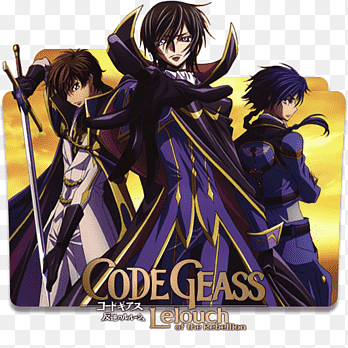
“Code Geass” centers around Lelouch Lamperouge, a young man who gains the power of Geass, which allows him to control others. This theory delves into the fate of Lelouch, proposing that he may have survived his apparent death at the end of the series. Supporters analyze the symbolism, character motivations, and narrative structure to argue that Lelouch orchestrated his own death as part of a grand plan, leaving room for his eventual return.
The Dreamscape in “Spirited Away”
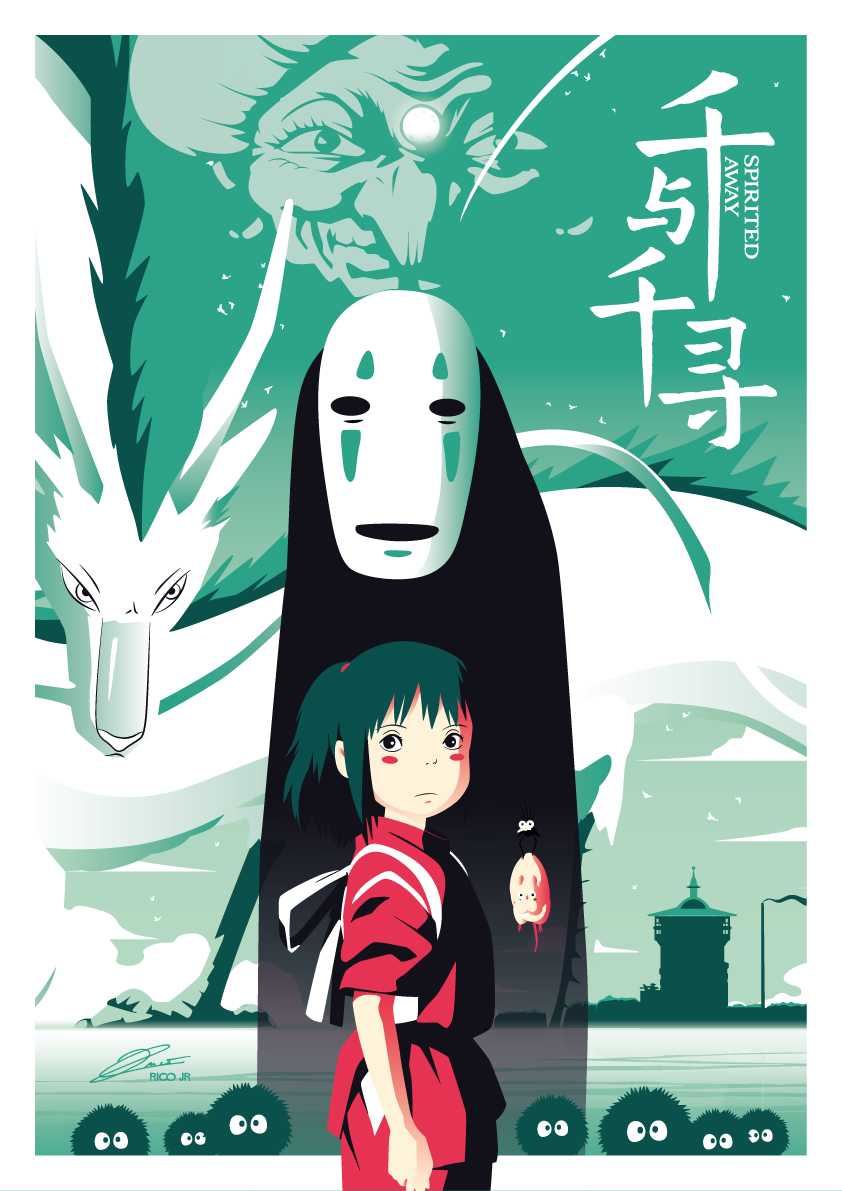
“Spirited Away” takes viewers on a magical journey through the spirit world. This theory explores the notion that the events in the film occur within a dreamscape, blurring the boundaries between reality and imagination. Supporters of this theory analyze the surreal nature of the story, the transformative experiences of the characters, and the symbolic elements present throughout the film. They argue that the events and encounters Chihiro experiences are manifestations of her subconscious mind, exploring themes of self-discovery and personal growth.
The Afterlife in “Death Note”
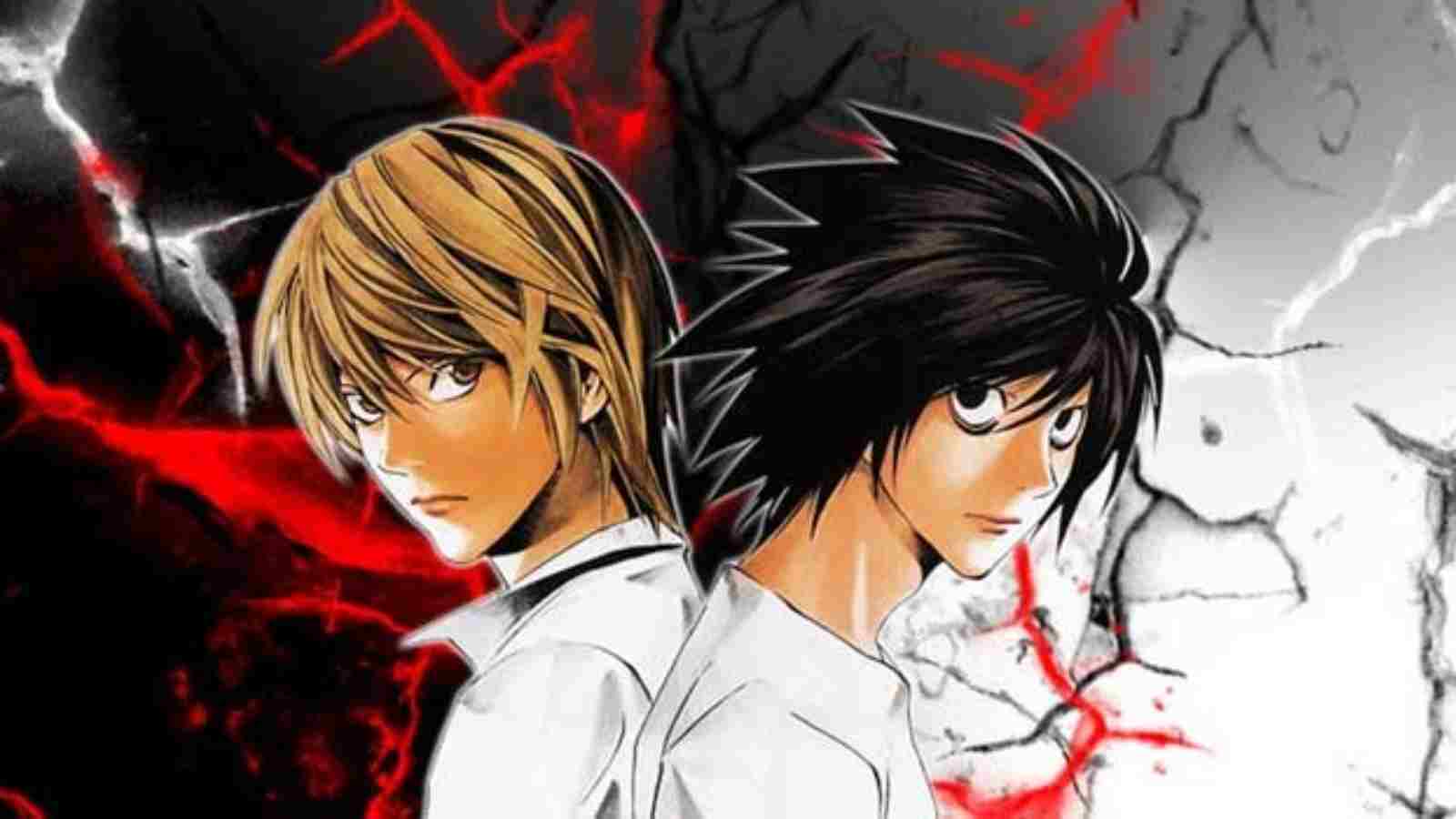
In the psychological thriller “Death Note,” fans have speculated about the existence of an afterlife within the series’ universe. This theory explores what happens to characters after their deaths and delves into the potential consequences of their actions in the realm beyond. Supporters of this theory analyze the themes of morality, justice, and the supernatural in “Death Note” to propose different interpretations of the afterlife and its role in the narrative.
The Existence of an Advanced Civilization in “One Piece”

The expansive world of “One Piece” has inspired theories regarding the existence of an advanced civilization predating the events of the series. This theory explores the possibility that an ancient civilization with advanced technology and knowledge existed in the past, leaving behind artifacts, islands, and mysteries that the characters encounter throughout their journey. Supporters of this theory analyze clues, historical references, and the hidden depths of the “One Piece” world to construct their interpretation.
The Imagination Theory in “Phineas and Ferb”

According to this theory, Candace, the older sister of Phineas and step-sister of Ferb, has supposedly lost her mind due to challenging events in her life. The theory suggests that after Phineas was bullied and tragically killed, Candace couldn’t cope with his death. As a result, she constructs an imaginary world where Phineas is still alive and engaged in exciting adventures with Ferb, who is portrayed as having a disability and limited communication abilities.
The theory proposes that the reason why Candace’s mother, Linda, cannot see the elaborate inventions and creations made by Phineas and Ferb is because they are not physically present. Candace’s desperate attempts to prove their existence to her mother are depicted as her descending into madness.
Conclusion
Anime fan theories provide an avenue for fans to immerse themselves further into their favorite anime shows. They ignite curiosity, spark imagination, and create an engaging and vibrant community. As fans continue to analyze, speculate, and debate, anime fan theories will remain an integral part of the anime culture, continually expanding the boundaries of our beloved shows.
FAQs
- Are fan theories considered canon? No, fan theories are not considered canon unless officially confirmed by the creators or incorporated into the series’ storyline.
- Can fan theories influence future episodes or seasons? While fan theories may inspire creators, their influence on future episodes or seasons is not guaranteed. However, some fan theories have been known to impact the direction of a series.
- Can fan theories change the way I perceive an anime series? Yes, fan theories can provide alternative perspectives and interpretations, enhancing your understanding and appreciation of the series.
- Are fan theories limited to anime? Fan theories are not limited to anime; they exist in various forms of media, including movies, TV shows, books, and video games.
- Where can I find anime fan theories? Anime fan theories can be found on dedicated online forums, social media platforms, and fan community websites.
